Why Old Places Matter
In the early evening of April 15, 2019, my wife and I were walking the streets of Holborn after tucking into one of our favorite London pubs. Located between the City of London and the West End, Holborn is a crossroads of yesteryear and modernity. A bridge between two worlds, the neighborhood is quintessential London, which to me is a perfect mix of antiquity and recentness. Picture Charles Dickens wearing a Tom Ford suit and that’s Holborn.
As we walked off the Guinness, we couldn’t help but notice a crowd of professionals huddled around a television in a street side office. On the screen was a burning building, but not just any building. This was the Cathedral of Notre Dame. At first, I thought they were watching a movie. However, it was clear this was happening in real time. The great Parisian shrine was in flames.
I couldn’t believe it. I was in Europe for work, and a whirlwind trip from Paris to Prague to London provided the opportunity to visit this sacred site just days ago. Now, it was burning. We stood with strangers in the streets of London and wept. We weren’t alone. Parisians poured into the boulevards surrounding the Île de la Cité to pray, cry, and watch. Even the most hardened Parisian came out to mourn the grand lady who, since 1163, had stood watch over Paris in good times and bad. The Nazis came and went, but she remained.
Five years later, Notre Dame reopened last week after a $1 billion renovation. Workers rebuilt the cathedral’s spire identically to its original structure and topped it with a new golden rooster. Conservators restored each painting to its original glory. The cathedral's interior is now more faithful to its authentic construction, with gleaming cream-colored walls and bold colors like blue, yellow, red, and brown adding accents to the cavernous interior.
French President Emmanuel Macron called the fire at Notre Dame a “national wound” and lauded Notre Dame as “the soul of our country.” Fascinating words from an agnostic world leader. How did an 800-year-old church become so engrained in French consciousness? Why did millions of Parisians, Londoners, and viewers from around the world weep at the devastation of Notre Dame? What is it about revered places that bring us together? “Old paces are a part of us. They form our identity and hold our memories. They define our collective sense of nationhood. Perhaps most profoundly, they foster an expansive sense of our own shared humanity,” writes Thompson Mayes in his book Why Old Places Matter.
Old places have always beckoned me to enter. Maybe it’s the historian in me. I love the past more than I appreciate the present. Old places make us better humans. They hold our memories; they connect us to the people who came before us, and they serve as meeting points between what was and what is to come. Ancient structures invite us into a larger story other than our own smaller story. In a world where everything is constantly changing, sacred sites like Notre Dame provide us with a sense of being part of something that will survive long after we are gone, and that is healing.
Whenever in Europe, I am drawn to old places. They root me in the real. In some mystical way, I am linked to all who came before me and everyone who will proceed me. In such places, the medieval entwines with my modern life. I am no longer alone. Even more meaningful, cathedrals have always been places of conversion. They draw your soul up to the eternal. “More young people come to faith in Britain because of buildings than because of people. I think that is because buildings get in the way less than Christian people do,” shares the Very Reverend Jonathan Greener, Dean of Exeter Cathedral.
Wherever you live, find a timeworn spot and sit for a while. What do you feel? What or who are you in communion with? Why does this place matter to you? How might you honor all the souls who sojourned here before you and all those that will come after you?
We are all part of the same story, a tale connecting your contemporary life with antiquity. Sometimes, we simply need old places to remind us we are a part of a greater whole. A great cloud of witnesses is watching with bated breath to see what and who you will become. Who knows which spiritual ancestor you might just bump into in such a sacred place.
Gary Alan Taylor

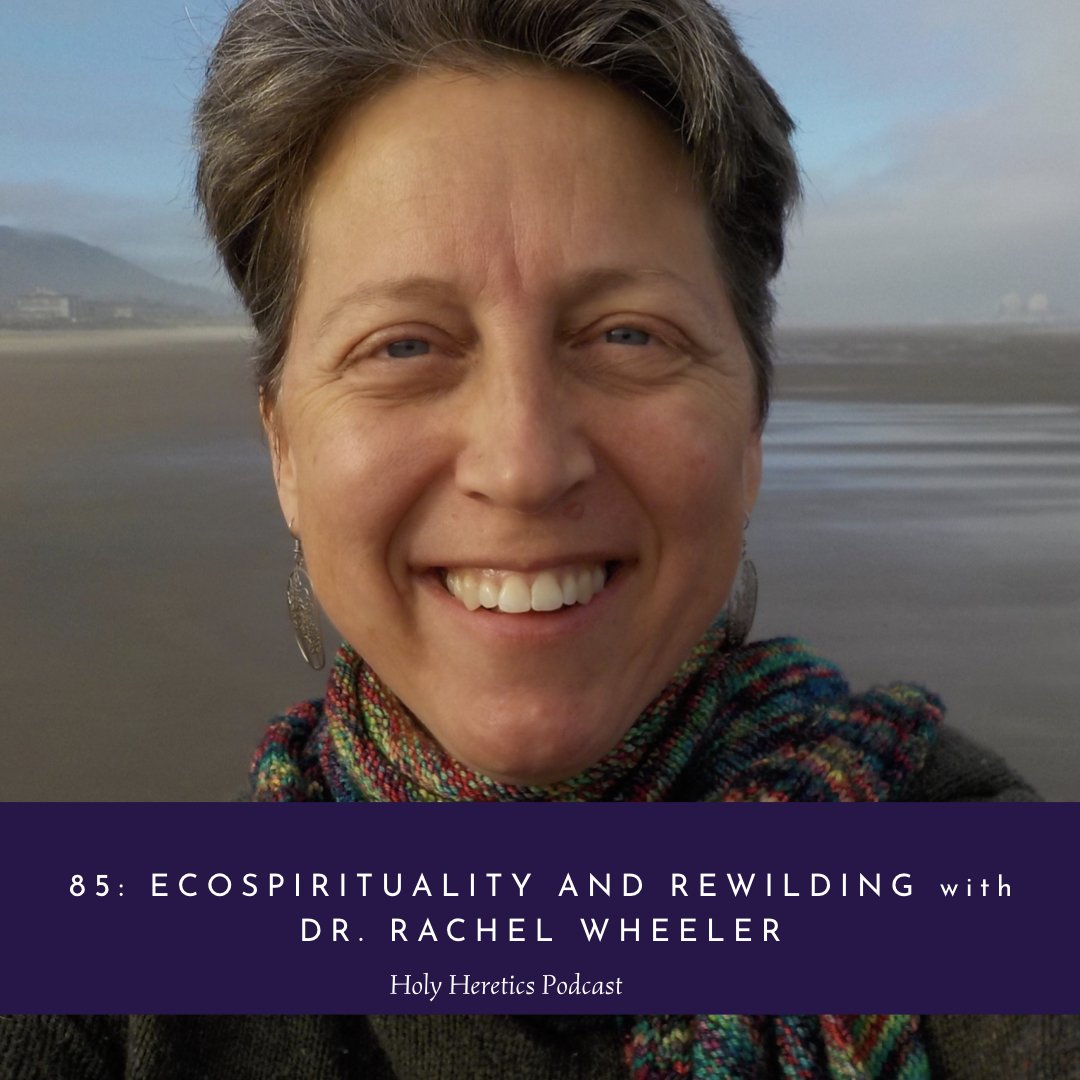
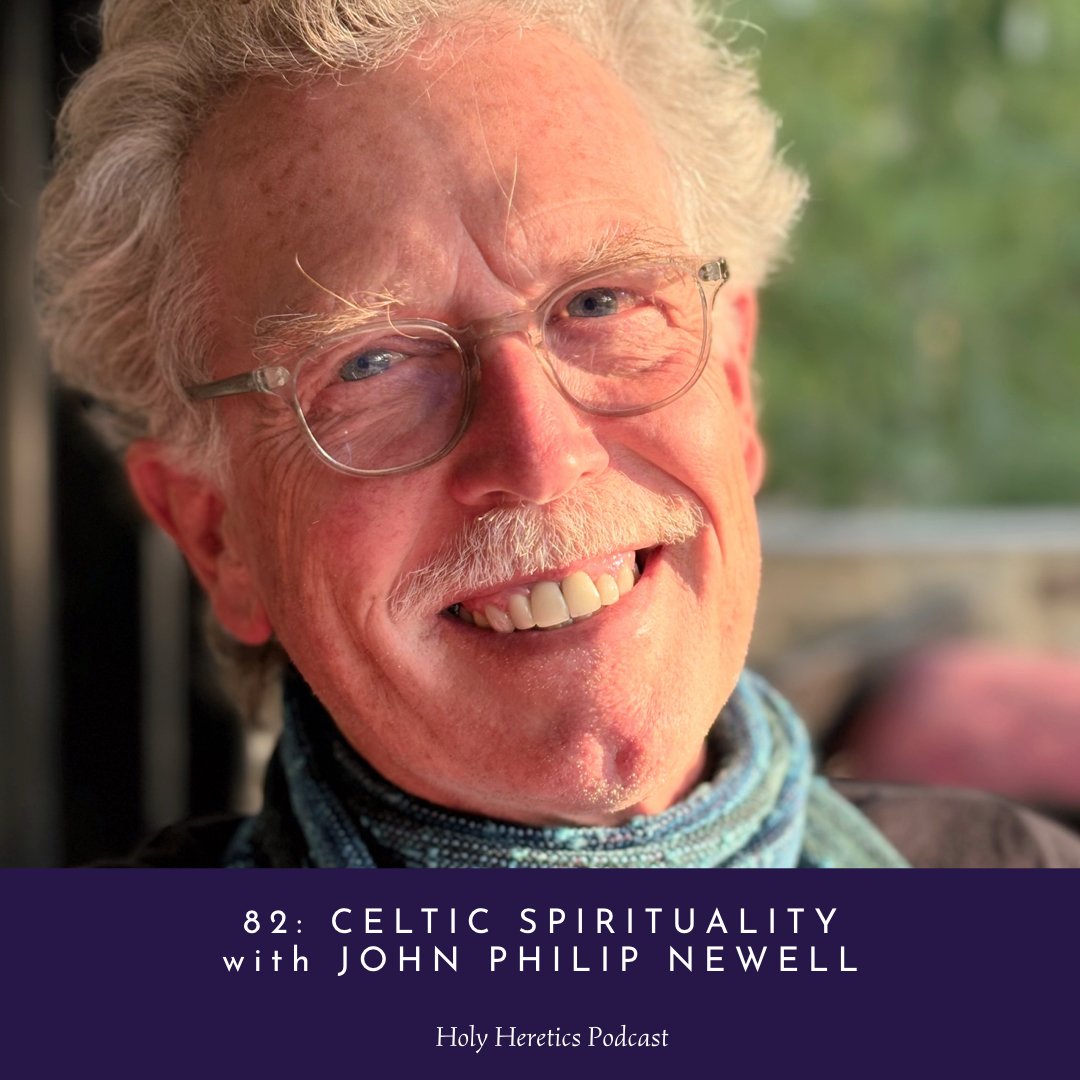
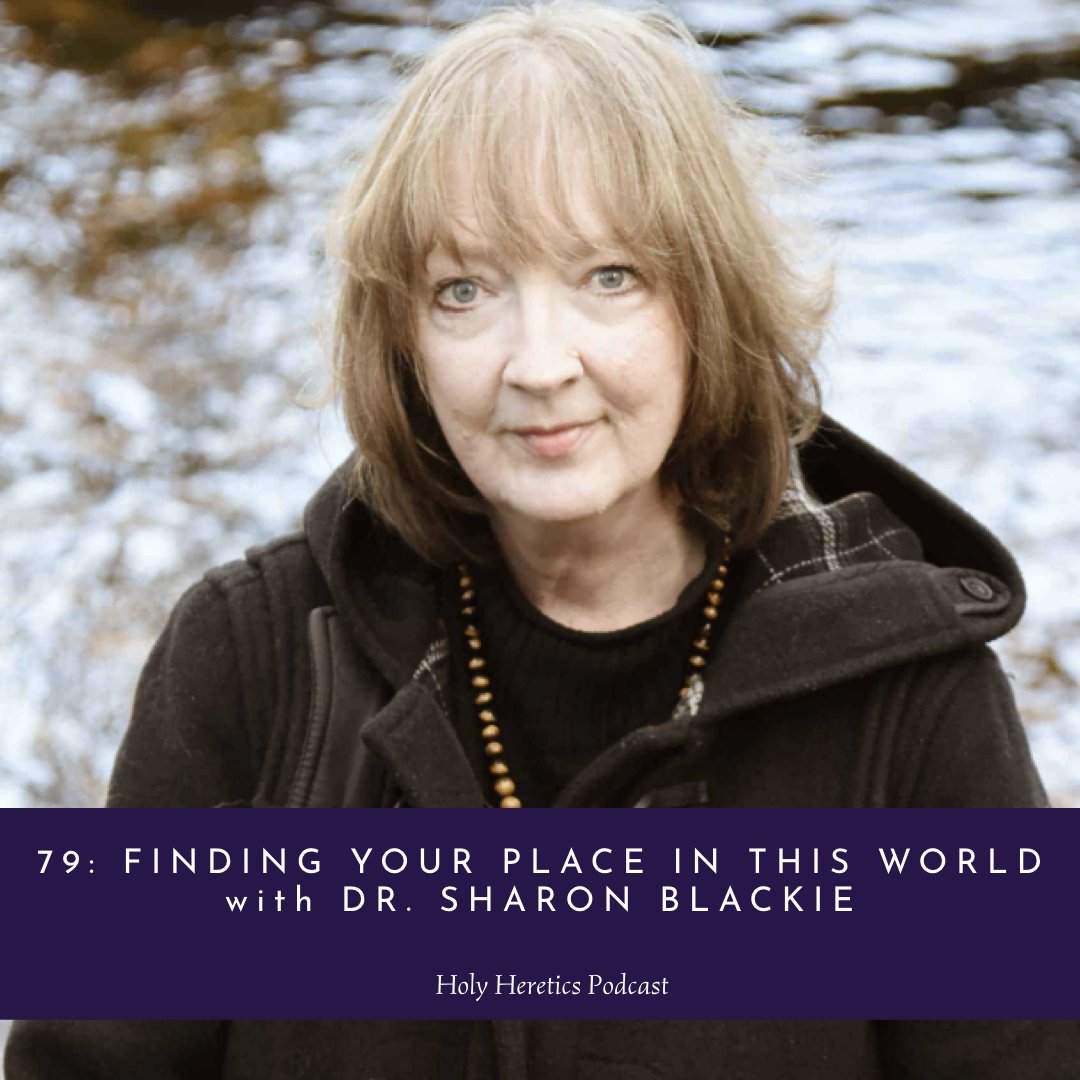
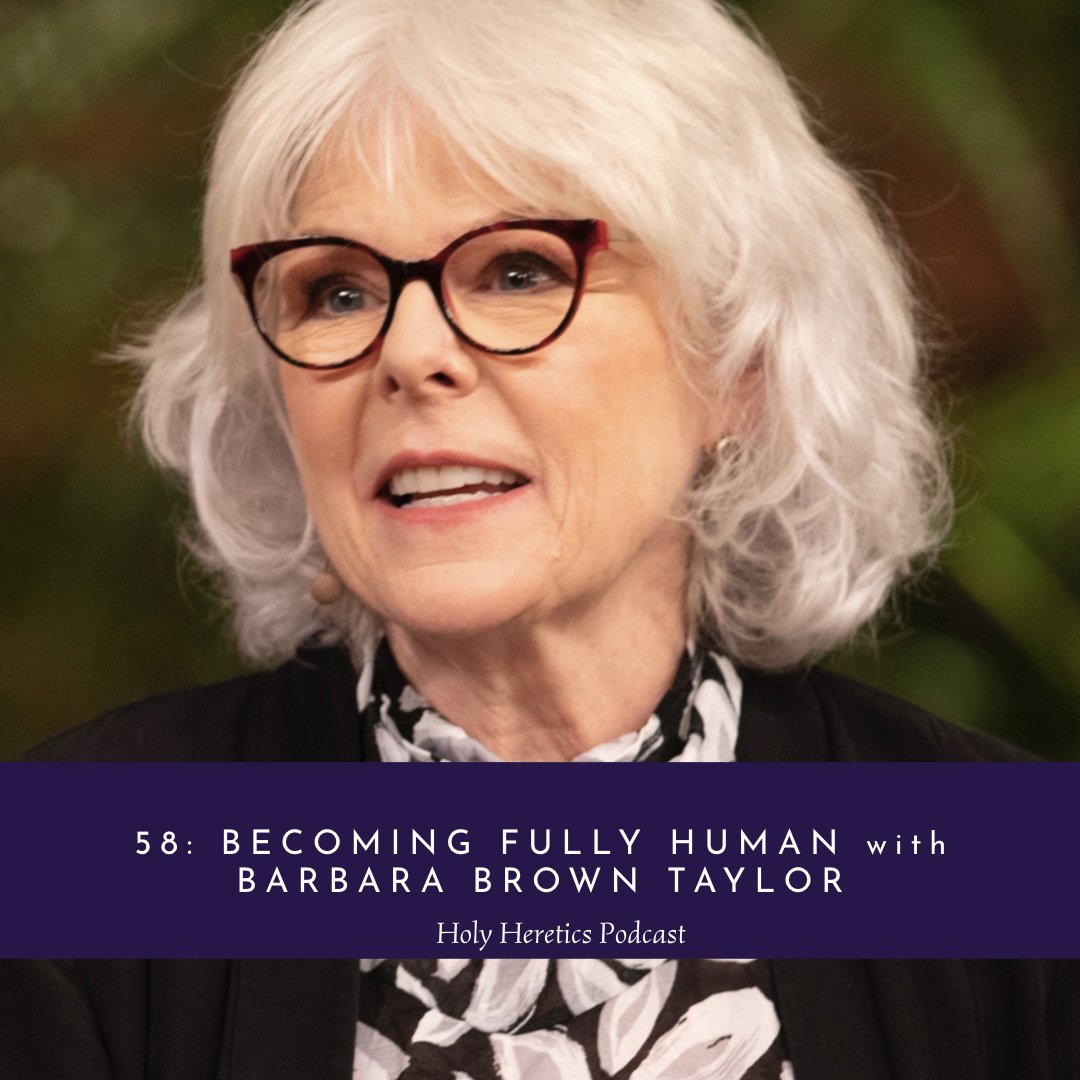
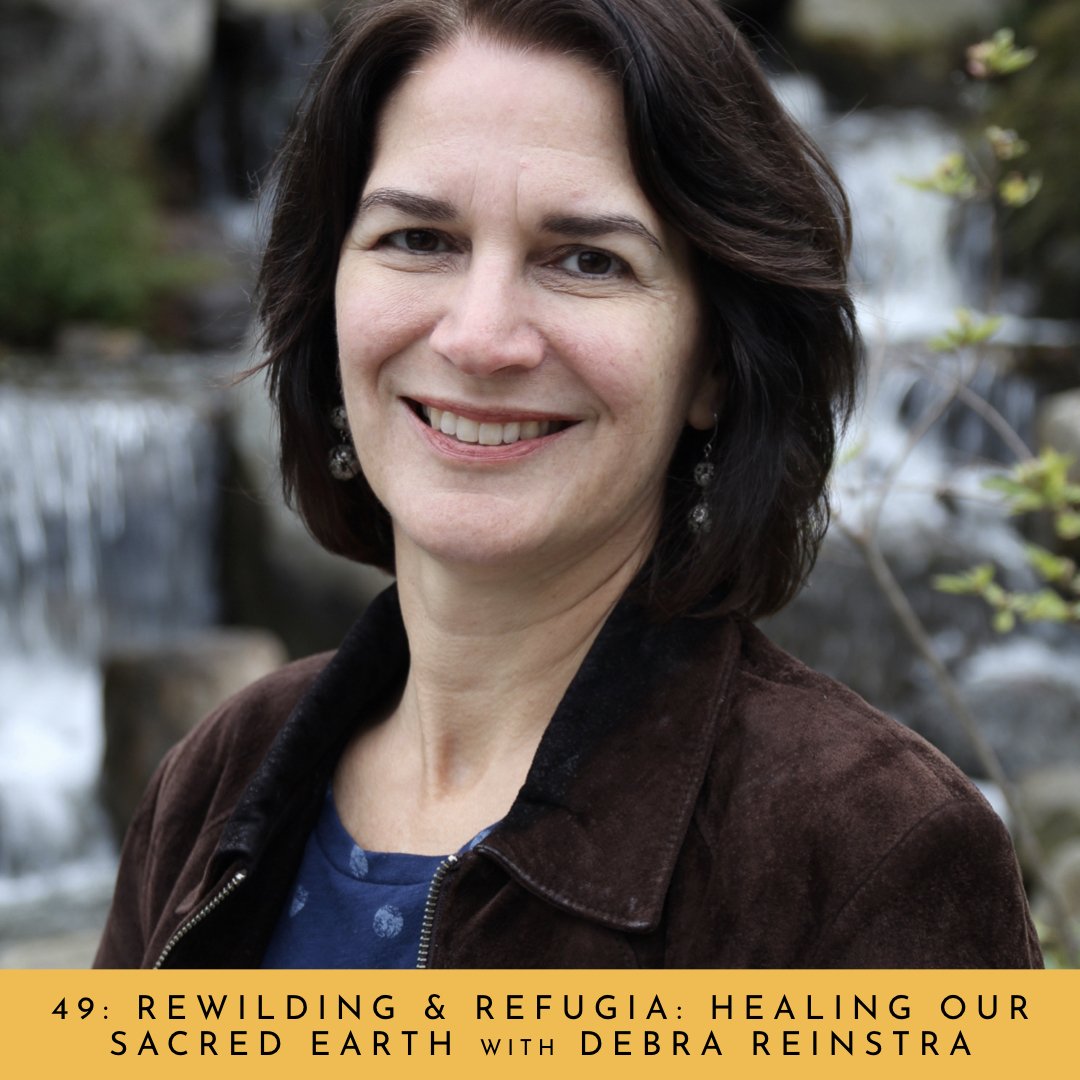
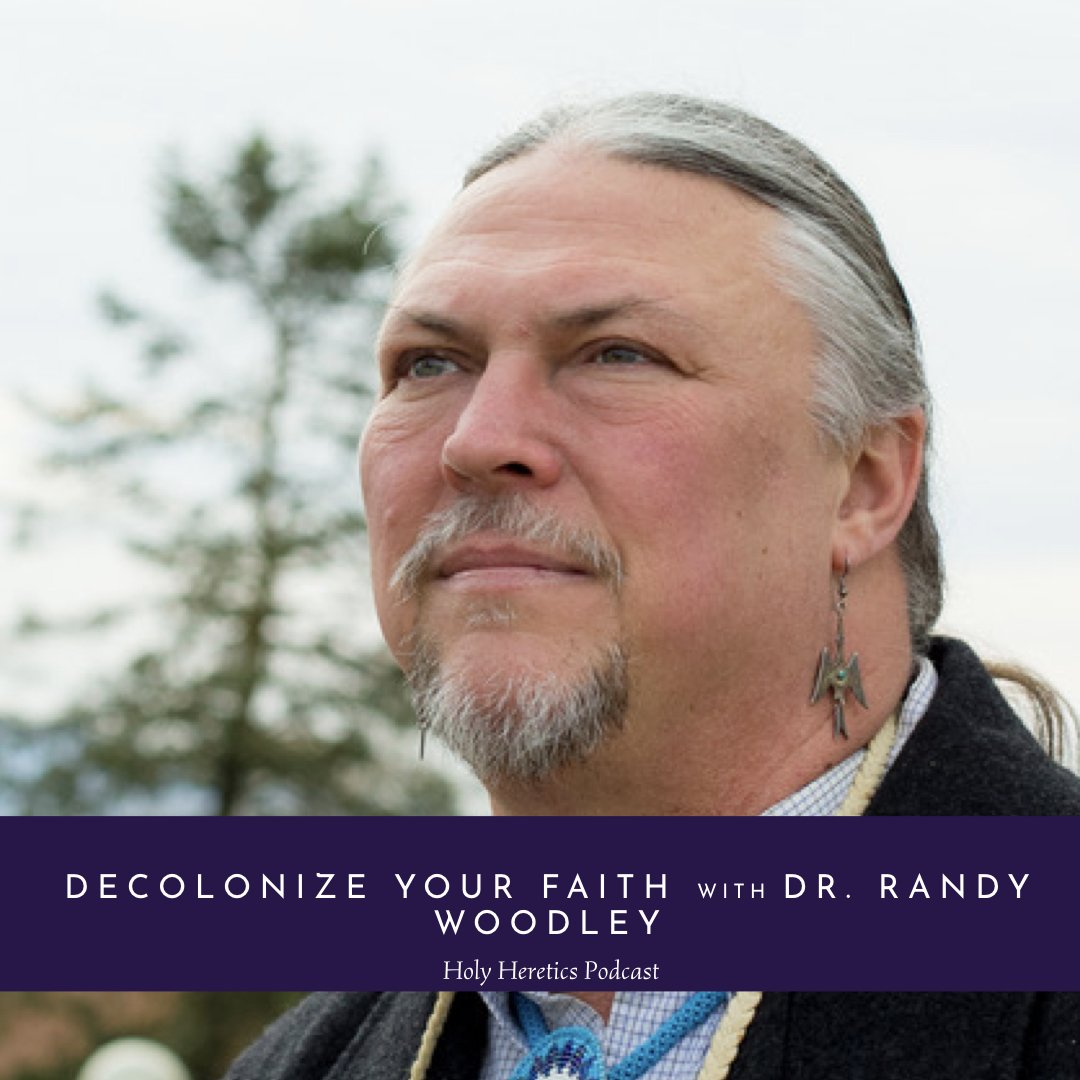
For ten years running, Dr. Rupert Sheldrake has been recognized as one of the most spiritually influential living people in the world. Sheldrake’s research provides a link between science and spirituality, and in particular, the proven benefits of the spiritual life on one’s well-being, mental health, and life expectancy. Spiritual people live longer, are healthier, and happier.